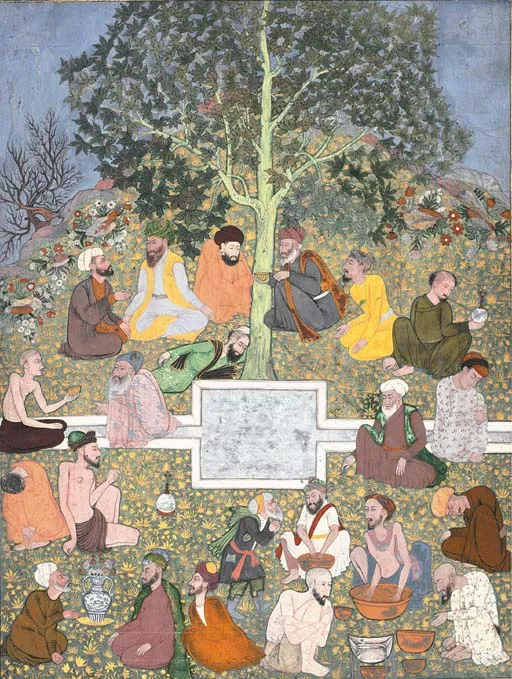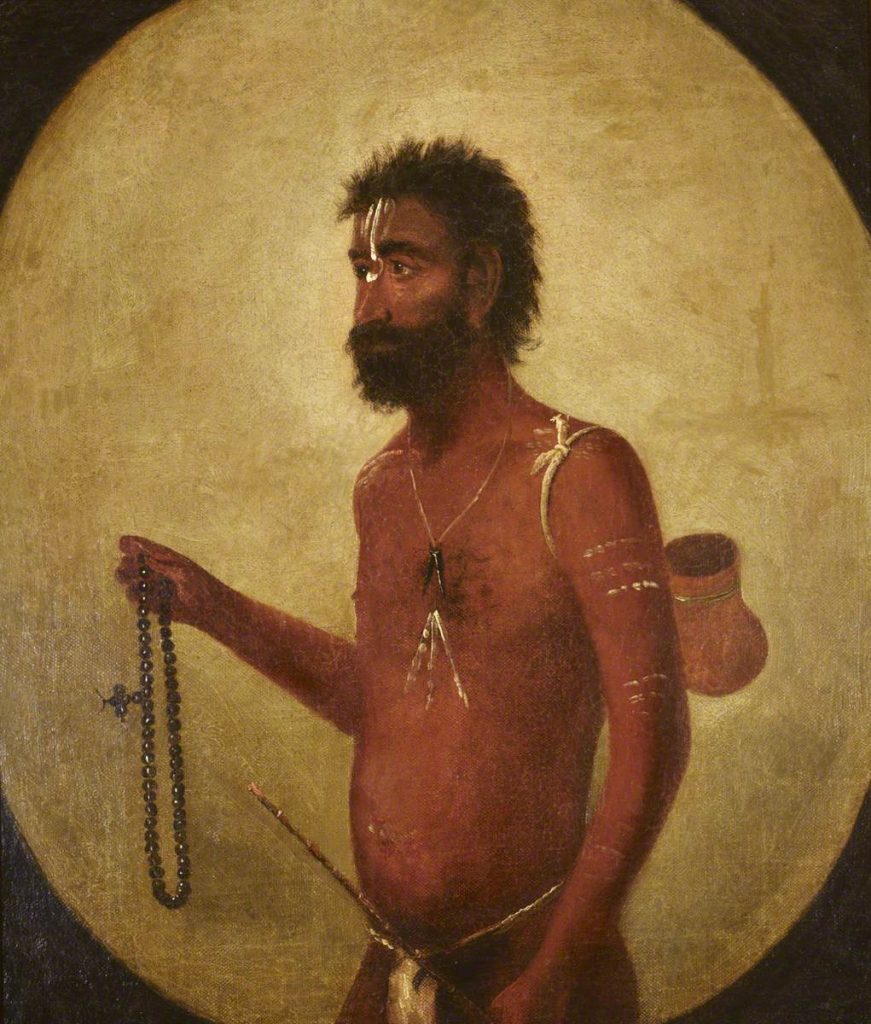FUKINAUL, THOMAS, a Frenchman, who during 1822-23 was in Maharaja Ranjit Singh`s service, employed in the gunpowder factory.
Explore HURBON's journey from a Spaniard engineer to a key tactician in the Sikh army, known for his strategic insights during the Anglo-Sikh War.
Explore the legacy of Kartar Singh Sarabha, the passionate Ghadr revolutionary who fought for India's freedom. Discover his inspiring journey!
Explore the impact of Montagu-Chelmsford Reforms on Sikh representation in India's legislative bodies. Discover key historical insights and developments.
Explore the fall of the Sikh kingdom & Maharaja Duleep Singh's life in 'Sikh Yuddher Itihas O Maharaja Duleep Singh' by Barodakanta Mitra.
Discover VOCHUS, a Russian employed in 1823 at Lahore's Sikh-run gunpowder factory. Learn more about European adventurers in Northern India.
AHMAD, SHAIKH (1564-1624), celebrated Muslim thinker and theologian of the Naqshbandi Sufi order, was born on 26 May 1564 at Sirhind in present day Patiala district of the Punjab. He received his early education at the hands of his father. Shaikh `Abd al-Ahad, and later studied at Siaiko, now in Pakistan. About the year AD 1599, he met Khwaja Muhammad al-Baki bi-Allah, who initiated him into the Naqshbandi order. Shaikh Ahmad soon became a leading figure in that school and wrote numerous letters and treatises on many fine points of the Sufi doctrine such as the concepts of prophecy {nubuwwah) and sainthood (walayah) and the relationship between shari`ah, i.e. religious law, and tariqah, the mystic path.
Explore the life of Bairagis, a Hindu ascetic sect embodying detachment and devotion. Discover their customs, beliefs, and cultural significance.
CONSTITUTIONAL REFORMS OF 1919: SIKH DEPUTATION TO ENGLAND. In August 1917, the Secretary of State for India, Edwin Samuel Montagu, made the declaration that the aim of British policy was the introduction of responsible government in India. When Montagu visited India that autumn, Maharaja Bhupinder Singh, ruler of Patiala, met him on behalf of the Sikhs. A deputation of the Sikh leaders also waited upon the Viceroy, Lord Chelmsford, on 22 November 1917 and pressed their claim to one-third representation in the Punjab, especially in view of their services in World War I. The Montagu Chelmsford report published in July 1918 proposed to extend to the Sikhs the system adopted in the case of Muslims in provinces where they were in a minority.






